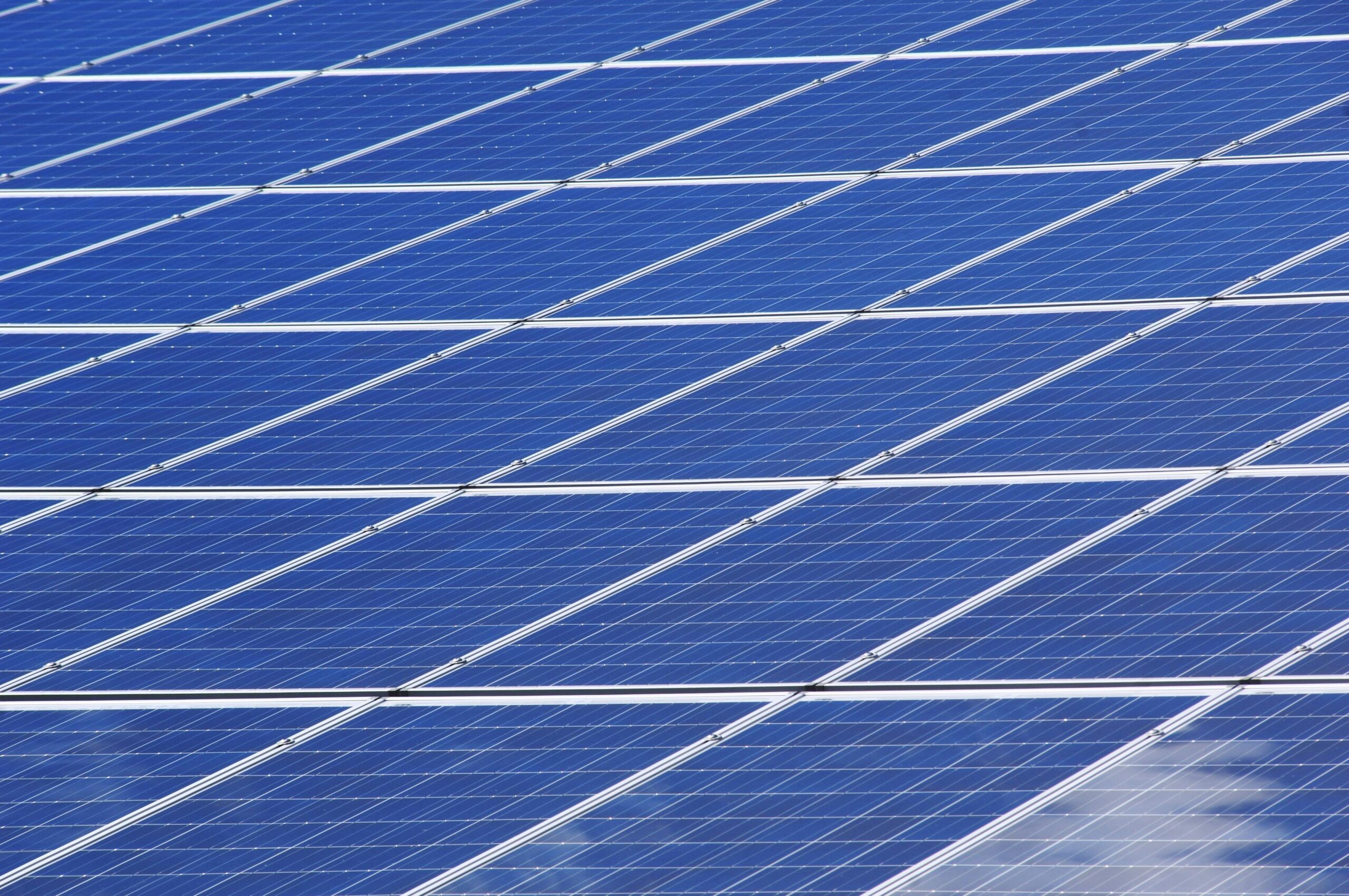The Boston Community Solar Cooperative kicked off about 15 months ago in the wake of the passage of the Inflation Reduction Act, which provides a number of ways to embrace solar energy.
Like us, they’re not just focused on community solar, but on local, independent ownership of community solar.
From their website:

The group’s founder recently sat down for a Q&A about their plan to place a solar project on the roof of the Dorchester Food Co-op and to launch a community-owned solar cooperative.
Community solar, as a concept, has been around for probably a little over 15 years. The idea behind community-owned solar was that many households or renters may not have locations that are suitable for installing a solar array on a rooftop, so community solar was born out of the idea that we could have a solar system somewhere on the grid, and people who use [its] power somewhere else on the grid.
At the Boston Community Solar Cooperative, we are creating what we refer to as a “community solar 2.0 model.” This is a model where, in addition to trying to provide the environmental benefit of clean energy — meaning lower costs, no fossil fuel use to generate power — we’re also trying to help communities with the wealth gap by having members of communities actually own the solar arrays that are used to generate power.
WGBH, April 2024, “A Boston nonprofit is bringing community-owned solar power — and profit — to low-income neighborhoods”
In urban landscapes like Boston across the nation, nonprofit organizations are pioneering community-owned solar power projects aimed at bringing renewable energy—and its economic benefits—directly to low-income neighborhoods.
These projects typically involve local residents in the planning and implementation stages, ensuring that the community not only benefits from reduced energy costs but also receives a share of the profits generated. This model not only promotes environmental sustainability but also economic empowerment by creating jobs and providing training opportunities in the burgeoning green tech sector.
These kind of initiatives often rely on government grants, private donations and innovative financing models to overcome the initial cost barriers associated with solar installations. Once operational, these solar arrays can significantly reduce energy bills for community members and generate revenue from excess power sold back to the grid.
The success of these projects hinges on community engagement. Educational workshops and meetings help demystify the technology and the economics of solar power, fostering a sense of ownership and pride among participants. Moreover, these projects serve as tangible demonstrations of the feasibility and benefits of renewable energy, inspiring other communities to pursue similar initiatives.
As more cities recognize the potential of community-owned solar power, this model could serve as a blueprint for sustainable development, particularly in underserved areas. By investing in renewable energy, we’re not only protecting the environment but also ensuring that its benefits reach all segments of society, paving the way for a brighter, more equitable future.

